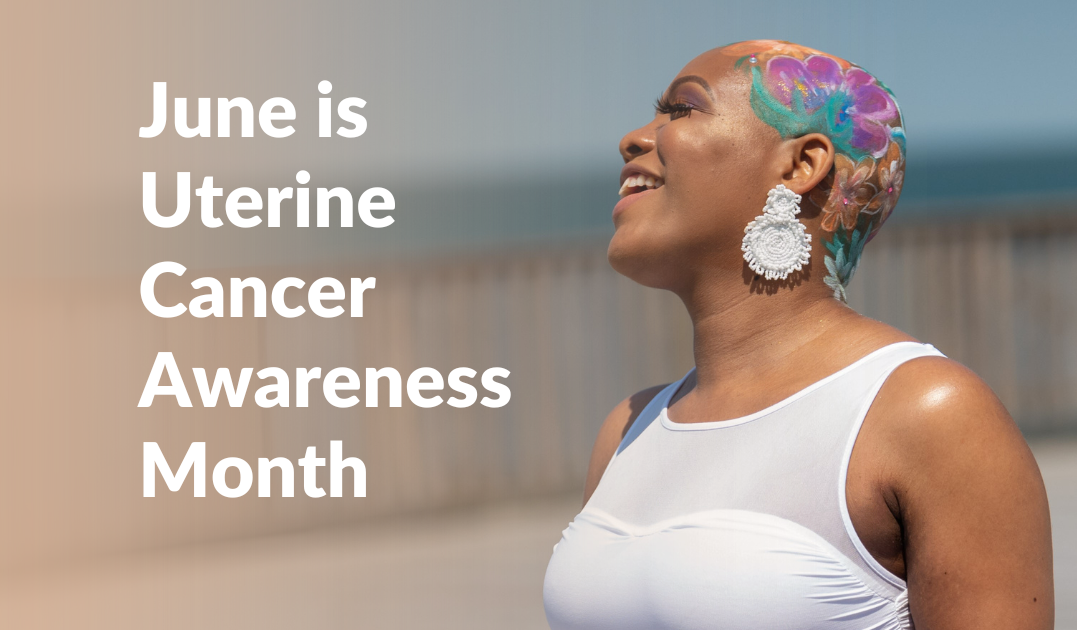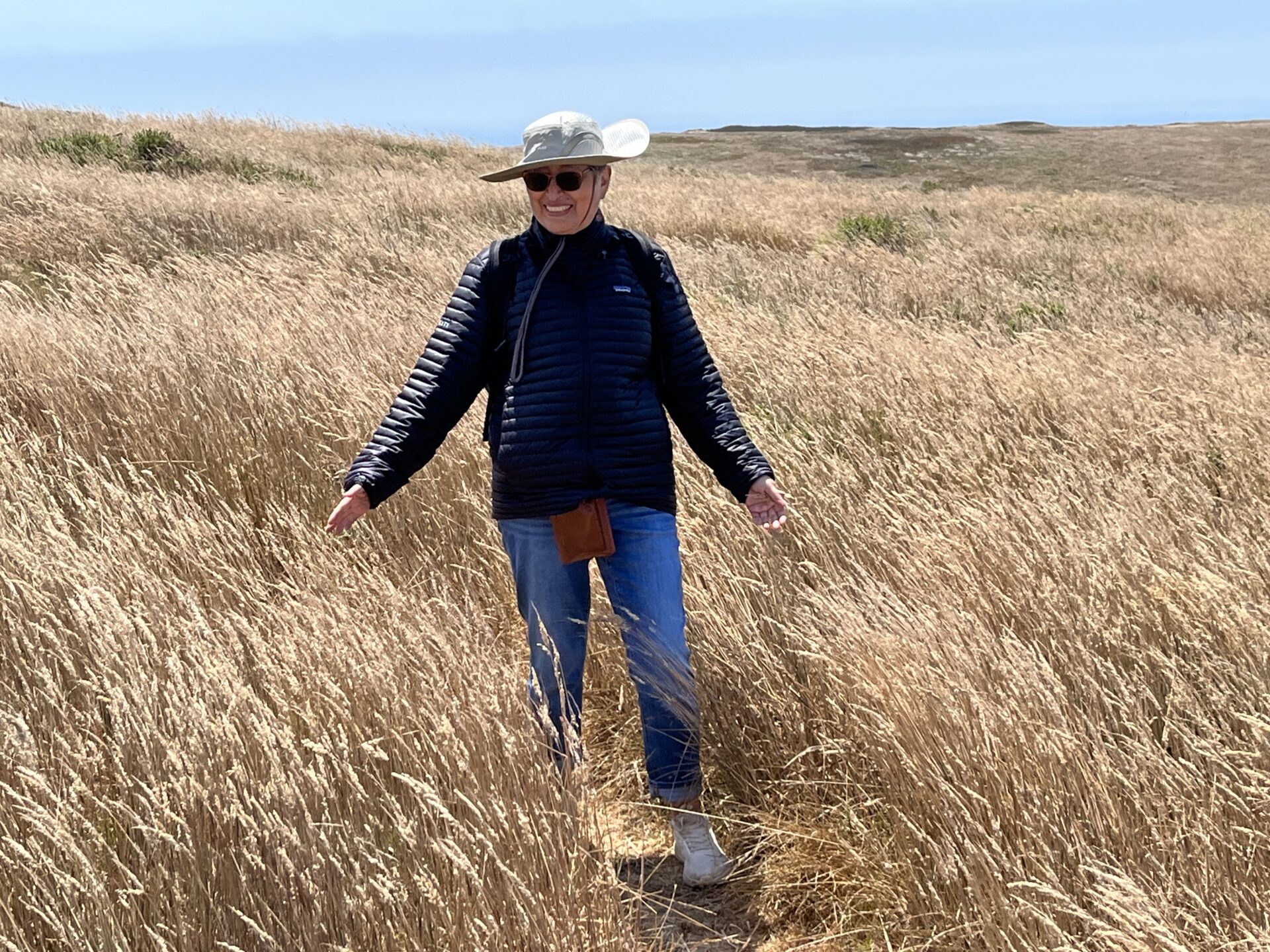In 1999, a small group of ovarian cancer survivors decided to get together to provide support for each other. The next year, they held the first walk/run in Minnesota for ovarian cancer. The organizers were surprised when hundreds of people joined the walk and raised $91,000. It brought home the message that there was a great need for an ovarian cancer group in Minnesota.
Today this walk brings together more than 3,000 supporters and raises $200,000 annually for Minnesota Ovarian Cancer Alliance (MOCA) programs, including outreach, education and support, as well as research grants. Next year MOCA will have three additional runs spread throughout Minnesota.
MOCA has given more than $2.9 million in ovarian cancer research grants over the past decade and has a broad range of medical and public education programs, reaching hundreds of doctors and even more women with their key messages. Kathleen also sits on the steering committee for the Minnesota Cancer Alliance, a collaborative working to reduce the cancer burden in the state through multiple initiatives, including one which focuses on breaking the barriers to and increasing participation in clinical trials in Minnesota.
In addition to its support, education and research programs, MOCA gives annual scholarships to oncology nurses to attend national conferences to improve their care of women with ovarian cancer. In addition, MOCA Dream Awards are given to several survivors each year to fund a special wish they have to improve their quality of life while battling ovarian cancer.
The Ovarian Cancer National Alliance played an important role in MOCA’s transformation from an all volunteer and board-run organization to a professionally staffed organization. In 2002, the Alliance awarded MOCA one of the first Public Education Projects grants. The group was then able to hire its first staff member, Kathleen Gavin, who came on as project director and now serves as Executive Director of MOCA. Kathleen has a background in women’s health administration and policy and nonprofit startups; she was eager to work for this profoundly important cause. The organization now has seven staff, a full portfolio of programs, hundreds of volunteers and owns its own building.
The strong ties between the national Alliance and MOCA continue to this day. Kathleen notes, “The support from the Alliance is invaluable, especially when it comes to advocacy. It allows us to focus on local engagement, because I know the Alliance has the national advocacy arm handled. I appreciate having the connection in DC and knowing I can call on the Alliance any time.”
MOCA is one example of how a small patient-driven advocacy group can be nurtured and grown to be a major force in the lives of women dealing with this disease. Kathleen sees a growing need for MOCA’s work and seeks to maintain the great services they provide to women and their families while increasing the support they are able to provide to ovarian cancer research. The Alliance is proud that MOCA is a Partner Member, and that we can help the organization meet its goals.


